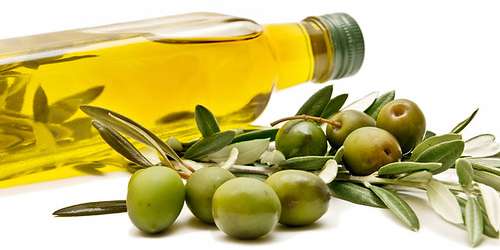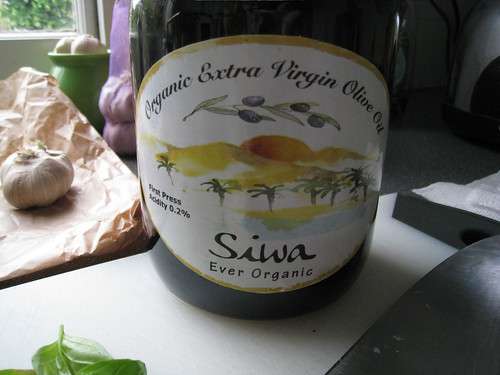What Is Olive Oil Fraud?
Olive oil fraud involves false marketing of olive oil products, especially extra virgin varieties. For olive oil to be defined as extra virgin, it needs to meet a series of international standards for the product. With olive oil fraud, companies market a product as extra virgin olive oil even if it fails to meet these standards.
Some of these standards include treatment and sensory defects. Extra virgin olive oil must be extracted without heat to avoid oxidation. Chemical solvents must also be avoided. Once production is complete, the oil must be free from rancid smells and other sensory factors.
Extra virgin olive oil is expensive to produce, so companies often take shortcuts. Manufacturers might dilute extra virgin olive oil with cheaper varieties, like corn, sunflower, or soybean oil, and apply the same high price tag to the product to earn more from sales. Additionally, manufacturers may allow for rancidity that affects the overall taste and may even cause indigestion.
Olive oil fraud may lead people to feel sick without understanding why. If they're paying a high price, they expect a fine product. With the widespread practice of olive oil fraud, many consumers don't even know what real extra virgin olive oil is supposed to taste like.
Fake olive oil may have minimal flavor — it can even taste like plastic. Other consumers might believe it tastes like butter. In reality, real olive oil has a unique depth of flavor. Extra virgin varieties often come with a pepperiness at the tail end of the taste.





